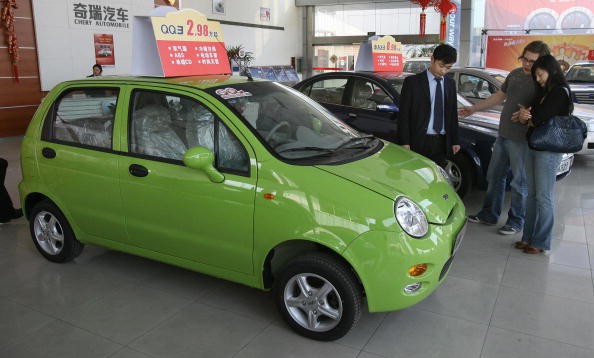November car sales in China hit a monthly record high, as consumers rushed to purchase so that they can benefit from a tax break before its scheduled expiration.
According to the China Association of Automobile Manufacturers, it is reported that foreign and domestic cars delivered approximately 2.59 million cars, which includes minivans, crossovers and sedans.
However, it only increased by 17 percent year-over-year, which is lower compared to the 20 percent increase in October. This is due to the consumers purchasing just to qualify for the tax break on small vehicles.
In Oct. 2015, China reduced the purchase tax on vehicles with 1.6 liter engines or smaller to about 5 percent due to slow car sales in four straight months. After that, car sales rebounded.
China's new-car sales hit 21.7 million from Jan. to Nov. 2016, a 16-percent increase year-over-year.
Industry watchers are concerned that the sales growth could stall if the tax break expiration period isn't extended. China's car market is vital to automobile companies worldwide as U.S. car sales taper off, and sales in other markets shrink.
Citigroup, an American multinational investment banking and financial services corporation, said: "If the tax break on small vehicle purchases isn't extended, growth of the overall car market is expected to decelerate to 4 percent in 2017 due to the comparative high base in 2016."
Most car manufacturers are expecting strong record sales this year.
Last month, General Motors Company reported to have increased sales by 7 percent, Nissan by 11 percent and Ford Motors by 17 percent year-over-year.
Peter Fleet, the senior executive of Ford for the Asia Pacific region, said: “Ford is gaining more momentum in China each month and we are on pace for a record year in China."
Chinese car manufacturers saw greater gains, as consumers are more price sensitive and most will choose them over the foreign counterpart.
Great Wall Motor Company, China's biggest manufacturer of crossovers, said that record sales rose 43 percent year-over-year.
Geely Automobile Holding Limited, whose parent company owns Volvo Cars, is reported to have almost doubled its car sales year-over-year.



























